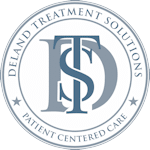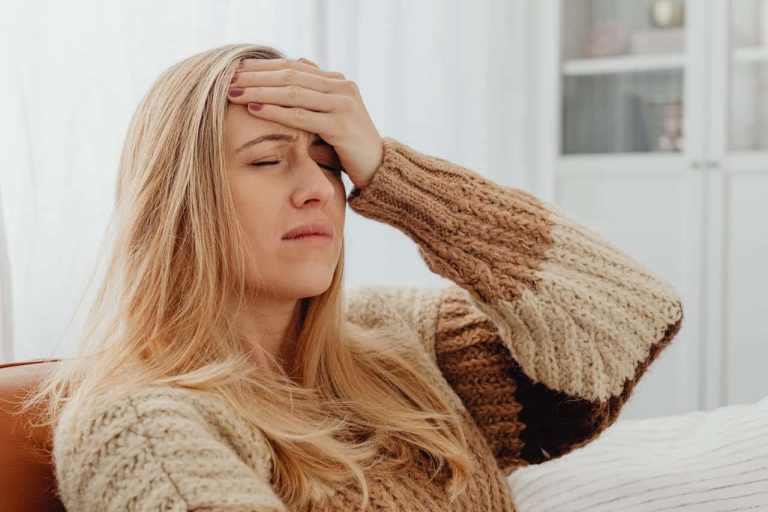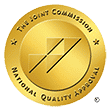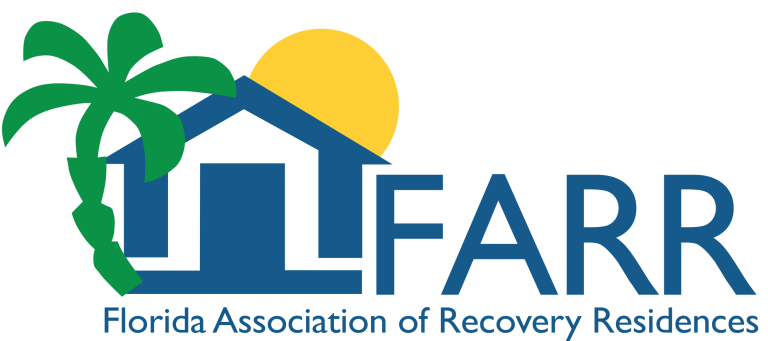Social media refers to the interaction among individuals in various computer networks as well as the exchange of messages in the course of creating new social connections. We may message our friends on Instagram, and publish or examine nice items on Facebook, Twitter and TikTok. However, since people spend much more time on social networks, they exert to think about its impact on the mental condition. This blog discusses the pros and cons of social networking and the best ways to avoid common pitfalls.
The Uses of Social Media in Today’s Society
By the turn of the millennium and over the last two decades, social media has evolved from being a few specialized communities to a world-wide web craze. Current data suggest that 4.92 billion people are connected to social media and they spend 2 hours and 24 minutes on social media platforms per day. Thus, availability and measurability of social media created a new paradigm of communication, information consumption and self imagery.
Key Features of Social Media Platforms
Instant Connection – A way of bringing persons together irrespective of the geographic location at which they are situated.
Photo, Video and Thought Sharing – Freedom of sharing small photos, big videos and quotes.
Among the most important advantages of the news being provided in real time, this format is faster than the traditional media.
Comedy and Recreation – Unlocking or hosting never-ending sources of shareable content, be it in the form of animal memes or hilarious videos or even a live-hosted engagement session with the participants.
These features have their benefits that are quite obvious, but they also have consequences for mental healthworth considering.
The first one is the positive impact of social media in that the platform conveys positive information only.
The Positive Side of Social Media
- Staying Connected: In relations, people can get in touch with one another, say friends and family members who are based in different places. Such conclusions can reduce loneliness as a patient gets some type of relatedness.
- Building Communities: In platforms, at hast and anyways one is always able to find people with similar beliefs as those that one holds. Whether it is an interest or a challenge that a particular person feels is crucial enough to search for assistance, an online community gives people that.
- Access to Information: Social media is a way of enlightening people and giving them certain information. From mental health to the latest occurrences around the world, they inform and engage their audience actively.
- Opportunities for Self-Expression: Blogs, art, social sharing or video-content offers an opportunity to users, enable them to make share their experiences and in turn enhance their self esteem.

Support is available—you've taken the first step by starting your research.
Lorem ipsum dolor sit amet, consectetur adipiscing elit. Ut elit tellus, luctus nec ullamcorper mattis, pulvinar dapibus leo.
You can also start by checking your insurance coverage online.
The Negative Side of Social Media
However, excessive or sleepwalking social media can be harmful:
- Comparison Trap: Assessment of such material very often triggers unhealthy envy, which, in its turn, leads to a low self-esteem and anxiety.
- Cyberbullying: Cyberbullying and cyberharassment are one of the major social evils that have the potential to thrive in online platforms thereby affecting the mental health of the patient.
- Fear of Missing Out (FOMO): Other people’s highlights force people to always update themselves which results in stress and dissatisfaction.
- Sleep Disruption: Screening at night affects sleep, and this causes a problem to the mental health of a person.
- Addiction: Social media is addictive and is designed to create a cycle of depression where you make it an integral part of your life with an infinite refresh news feed. As a result this may cause low production and a great neglect of true relationships in life.
Contact Solutions Healthcare
Battling with Drug and Alcohol Addition? Remember, you are not alone and we are here to help you!
Managing Your Mental Health in a Social Media World
In order to enjoy social media without sacrificing your mental health, keep these tips in mind:
- Set Time Limits: There are limits you can set for social media (and turn your phone off during specific parts of the day).
- Curate Your Feed: Like and subscribe to people whose posts make you happy and delete those that make you upset or stressed.
- Take Digital Detoxes: It is very important to take time off social media networks, and take a break from what you have been constantly looking at.
- Prioritize Real-Life Connections: Take time also to have physical meetings in order to sustain healthy rapport with the people around.
- Practice Self-Awareness: Practice mindfulness about what social media does to you and to your emotions and change your habits accordingly.
Seeking Help for Mental Health Challenges
If Social media hinders your mental health in any way, you should not hesitate access help. Now it has been considered as an important factor that people needs professional intervention in case of therapeutic session or counseling to get tool that can handle the stresses, ānes or depression. Most mental health organizations also provide information online on how to get to a more healthier use of technology.

Social media is a blessing and a curse because it can improve our lives and on the same note decrease our quality of life of we misuse it. In this way, applying mindfulness, and reframing, one can enjoy all the positive impact of social networks while avoiding dangerous pitfalls. Just as important to remember it is never a waste of time to take care of your mental health.
To learn more details about the pros and cons of self-care, and take the first step towards a better mental health state.





























